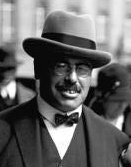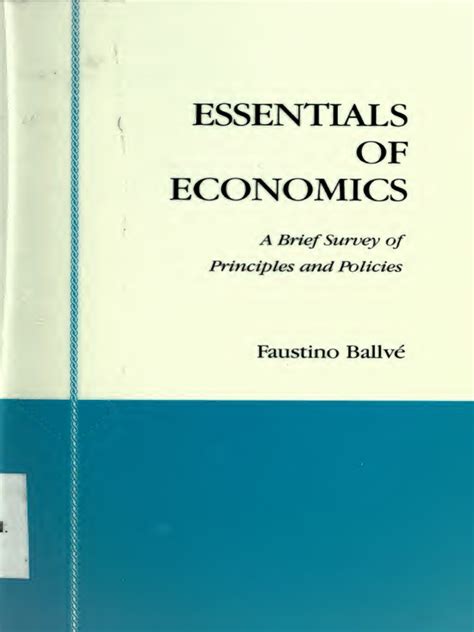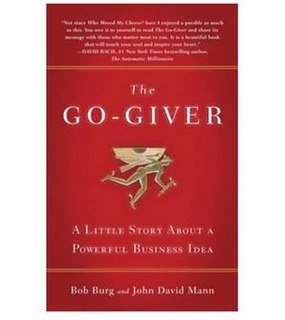A Quote by Rudolf Hilferding
Value manifests itself as exchange value, as a quantitatively determined relationship, in virtue of the fact that one commodity can be exchanged for another.
Quote Topics
Related Quotes
If mass communications blend together harmoniously, and often unnoticeably, art, politics, religion, and philosophy with commercials, they bring these realms of culture to their common denominator -- the commodity form. The music of the soul is also the music of salesmanship. Exchange value, not truth value, counts.
The birth of a new fact is always a wonderful thing to experience. It's dualistically called a "discovery" because of the presumption that it has an existence independent of anyone's awareness of it. When it comes along, it always has, at first, a low value. Then, depending on the value-looseness of the observer and the potential quality of the fact, its value increases, either slowly or rapidly, or the value wanes and the fact disappears.
The value of any commodity, therefore, to the person who possesses it, and who means not to use or consume it himself, but to exchange it for other commodities, is equal to the quantity of labour which it enables him to purchase or command. Labour, therefore, is the real measure of the exchangeable value of all commodities. The real price of everything, what everything really costs to the man who wants to acquire it, is the toil and trouble of acquiring it.
But tell me: how did gold get to be the highest value? Because it is uncommon and useless and gleaming and gentle in its brilliance; it always gives itself. Only as an image of the highest virtue did gold get to be the highest value. The giver's glance gleams like gold. A golden brilliance concludes peace between the moon and the sun. Uncommon is the highest virtue and useless, it is gleaming and gentle in its brilliance: a gift-giving virtue is the highest virtue.


































